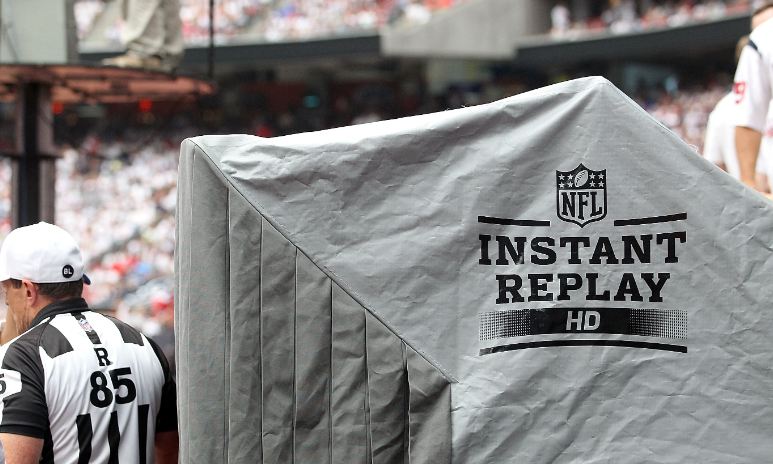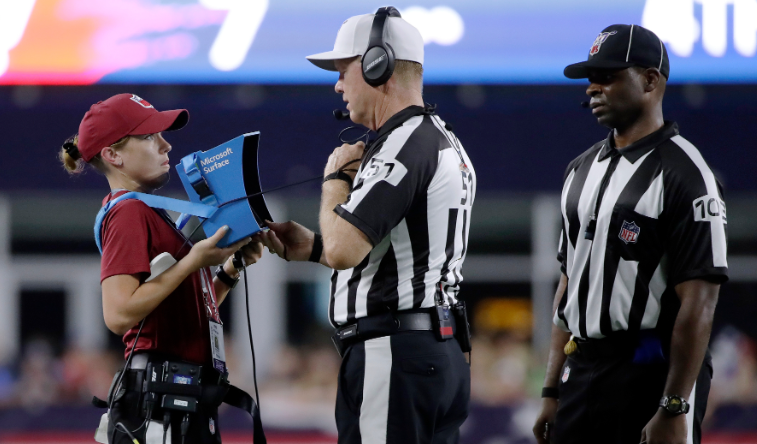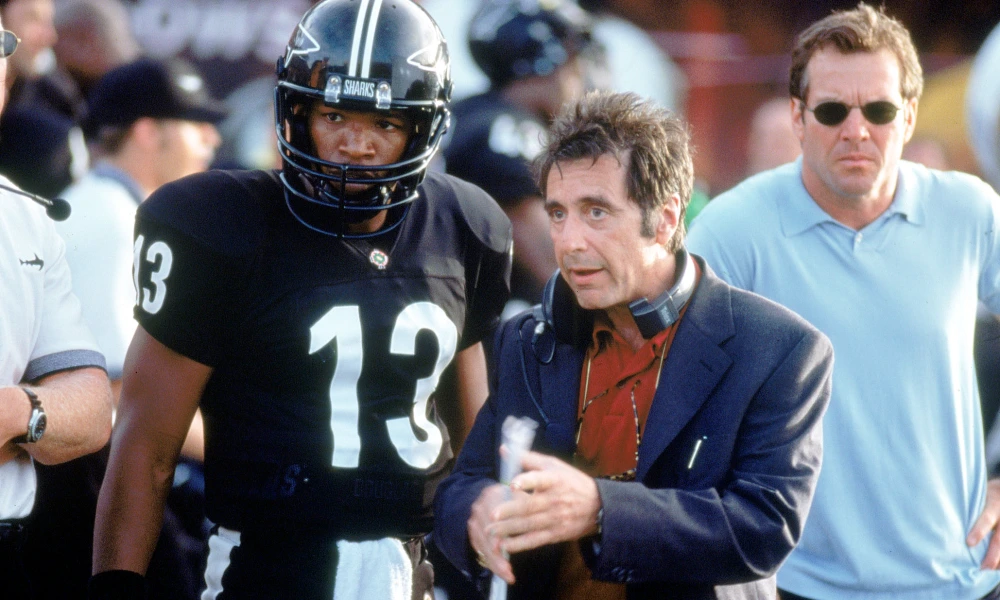American football is a fast-paced, dynamic sport, and sometimes even the most experienced officials make mistakes. Instant replay, introduced in 1986, has revolutionized the game by providing a mechanism to review controversial calls and ensure fair outcomes.

The Need for Instant Replay
In the early days of American football, referees relied solely on their judgment to make calls, which sometimes led to errors that could significantly impact the outcome of a game. These mistakes could be particularly costly in close games or in crucial moments like touchdowns, interceptions, or fumbles.
How Instant Replay Works
Once the replay officials have reached a consensus, they communicate their decision to the on-field referee, who makes the final ruling. The referee’s decision is either to confirm the original call or overturn it based on the evidence provided by the replay officials.
Impact of Instant Replay
Instant replay has undoubtedly had a positive impact on American football, improving the accuracy and fairness of officiating. It has helped to reduce the number of controversial calls and ensure that games are decided based on the rules of the game rather than human error.
Despite these criticisms, rapid recap remains an integral part of American football, and it is likely to continue to evolve as technology advances. The goal is to strike a balance between ensuring fair outcomes and preserving the fast-paced, exciting nature of the game.
Conclusion
Quick playback has transformed the way American football is played and officiated. It has provided a mechanism to correct mistakes, improve accuracy, and ensure fairness. While there are ongoing debates about its impact on the game’s flow and the human element of officiating, instant replay remains an essential tool for maintaining the integrity and credibility of American football.




